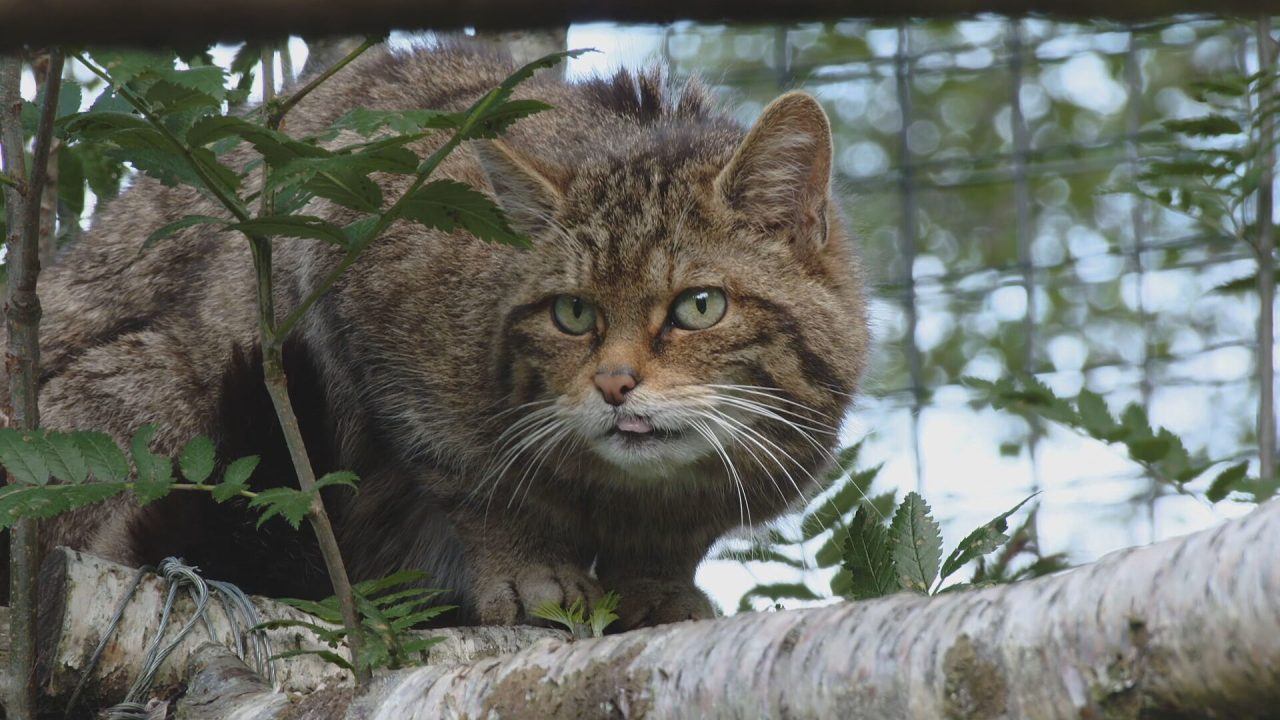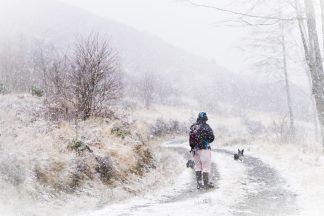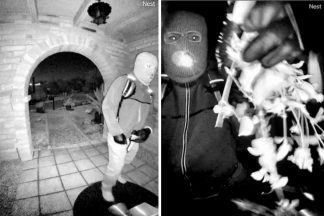Scotland’s wildcat population is at a critically low level, posing a severe threat to their long-term survival, according to a new study published by NatureScot.
The research, released on Wednesday, highlights the urgent need for action to secure the future of the endangered wildcat species in Scotland and found there are too few wildcats in the country to sustain a short or long-term population unless they are reinforced or reintroduced.
Funded by the National Lottery Heritage Fund, the research is the culmination of the Scottish Wildcat Action project, a collaborative effort led by NatureScot which ran from 2015 to 2020.
Over the course of the five-year project, Scottish Wildcat Action assessed and addressed the challenges faced by wildcats in Scotland.
The project engaged more than 140 volunteers in activities such as detecting, trapping, neutering, and vaccinating 205 feral domestic and obvious hybrid cats.
Additionally, extensive camera-trap surveys were conducted, yielding more than one million images and identifying 356 cats in six priority areas.
Genetic tests on 529 cat samples were performed, but none scored highly enough to be classified as pure wildcats. Tragically, more than half of the 118 dead cats examined were victims of road traffic accidents, but none were considered to be wildcats.
The report has recommended a series of actions such as reducing hybridisation with domestic cats and hybrids, improving wildcat habitats, and decreasing fatalities caused by disease, persecution and road traffic accidents.
A new initiative called Saving Wildcats is being launched, led by the Royal Zoological Society of Scotland (RZSS) in collaboration with NatureScot and Forestry and Land Scotland, among other organisations.
It will aim to prevent the extinction of wildcats in Scotland through breeding and releasing wildcats into their natural habitats.
Biodiversity minister Lorna Slater said: “The Scottish wildcat is an iconic and much-loved native species and yet its very existence is under threat.
“This research from Scottish Wildcat Action will be critical in informing future decisions on how we can revive numbers throughout the country and safeguard the population in the future.
“Reversing the dramatic losses in nature that we have seen in recent times is one of the defining challenges that our country faces. The Scottish Government remains committed to this fight and is actively working towards protecting and restoring our natural environment.”
Dr Roo Campbell, NatureScot’s mammal adviser and report author, said: “The Saving Wildcats project represents a vital phase in restoring the wildcat in Scotland, but this is not the final step on the journey, we’re still at the beginning.
“To succeed, wildcat conservation in Scotland next needs a nationwide effort with long-term commitments from all stakeholders over the coming decades.
“Improvements to habitats and reduction in risks, such as those from land management practices, will help ensure future wildcat populations remain viable. But a key part of this will also be removing the threat of hybridisation.
“This includes continuing efforts to neuter pet domestic cats, feral domestic cats and obvious hybrids. This report highlights that changes to legislation to ensure pets are microchipped and neutered would also significantly reduce this threat, and so we would like to work with stakeholders to see what can be achieved to help save the wildcat.
“The ultimate goal must be to establish a population of wildcats that does not need further human intervention to secure its survival. We’re hopeful that we can achieve this by working together now to protect and restore this iconic species for generations to come.”
Follow STV News on WhatsApp
Scan the QR code on your mobile device for all the latest news from around the country




























